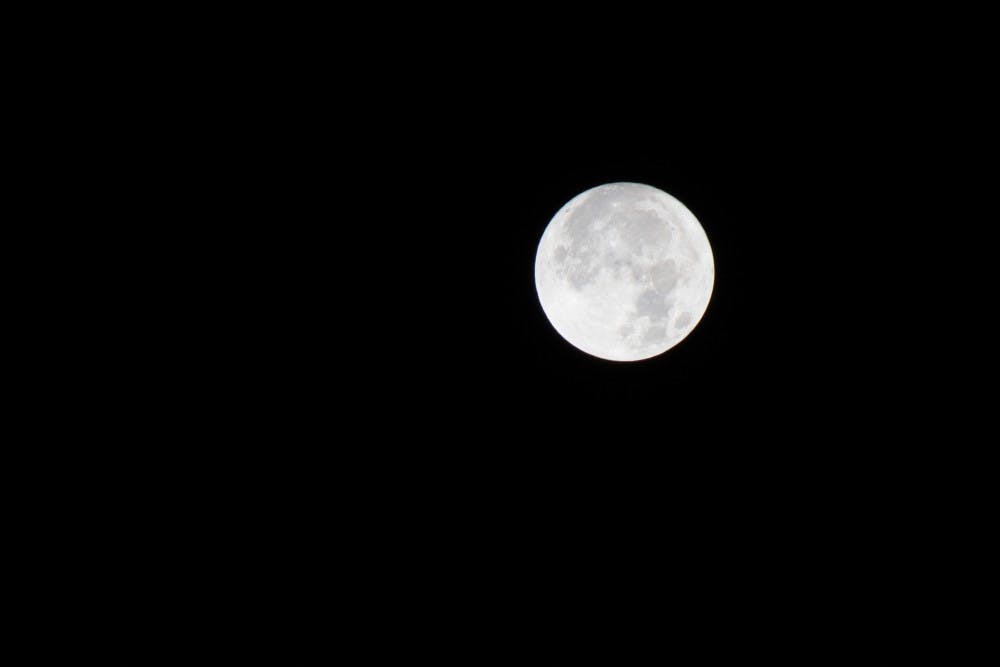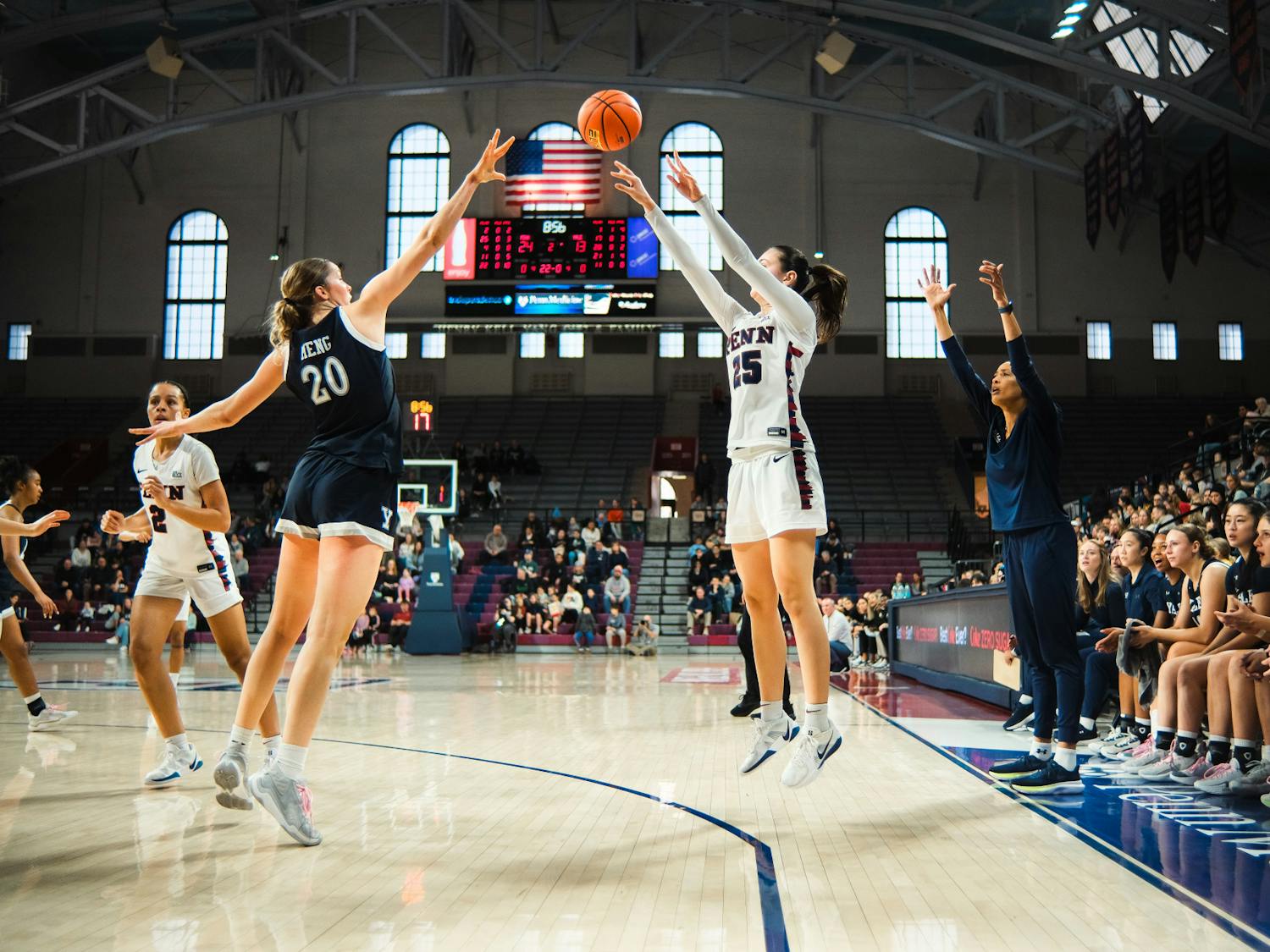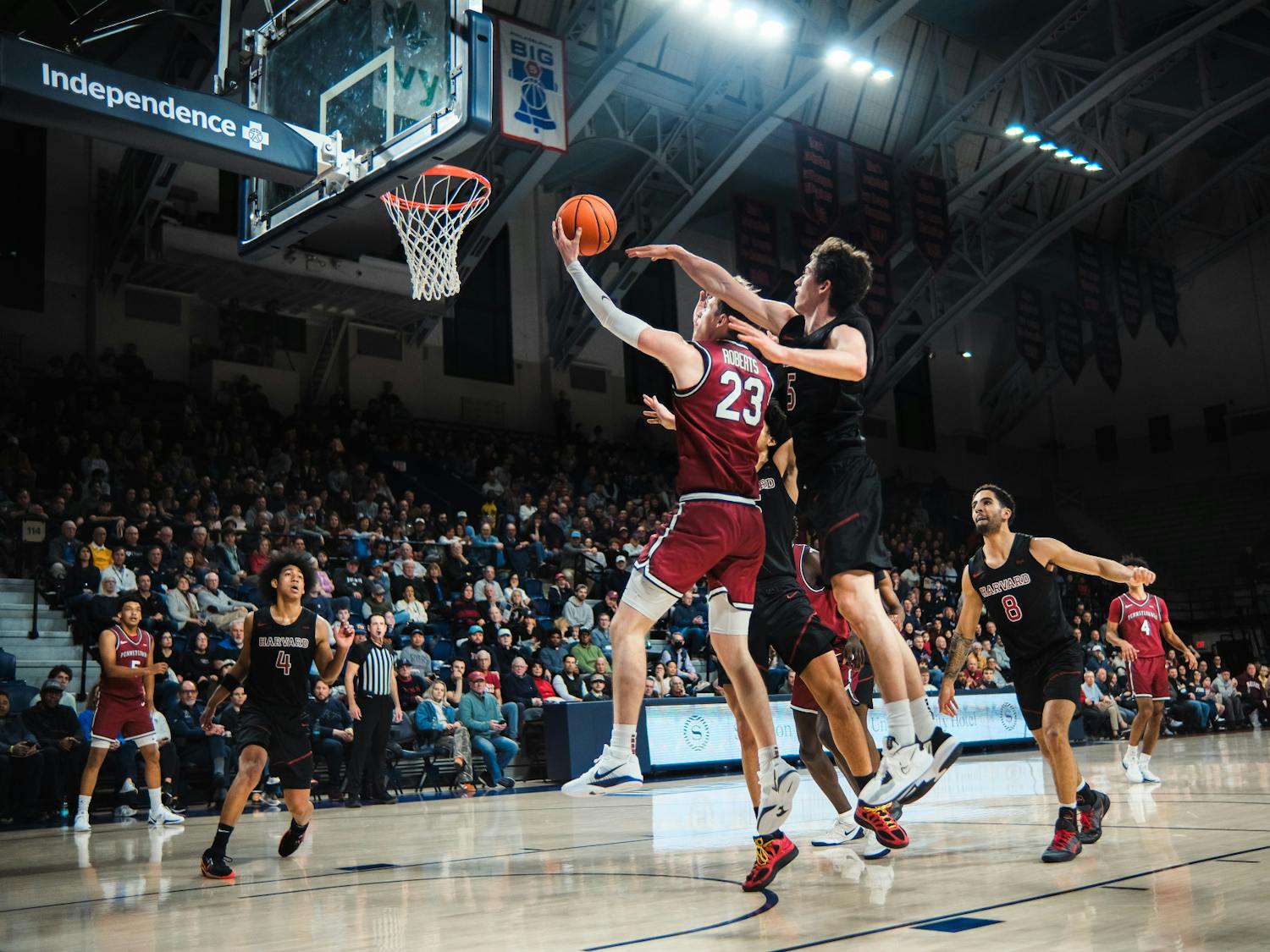This has been a tough week for everyone. Laden with disappointment, grief and shock, I am in just as much disbelief as all of the other folks out there today. The “experts” hyped it up; reassured us it was going to be special. Then, when the moment finally came: heartbreak.
I’m talking, of course, about the supermoon on Sunday night. The moon was as close to the Earth as it will be until 2034 and was supposed to appear larger and brighter than any other moon we’ve seen in over 60 years.
Now, the moon was big, and the moon was bright, but the moon was also somewhat disappointing; it wasn’t what I was expecting.
There was another “supermoon” incident in September, but we were told this moon would dwarf that of two months ago — only to then be told by my best (read as: only) source on astrophysics, Neil deGrasse Tyson, that there would be virtually no difference to the naked eye. This is why, I assume, a smart man once said, “I heard the jury is still out on... science”.
What does this all have to do with sports?
If you answered “sports are a great way to learn about disappointment,” you are correct. If you answered, “Neil deGrasse Tyson was a member of the Harvard wrestling team in 1980,” you are also correct and you have too much time on your hands.
While this is a great piece of information to know, it is more important to know why the world’s most affable astrophysicist chose to wrestle in high school and in the beginning of his college career.
“You don’t wrestle because it’s easy, you wrestle because it’s hard,” he once said in an interview. “I don’t do astrophysics because it’s easy, I do it because it’s hard.”
I wrestled for one day in middle school. It sucked. I took Intro to Astronomy last semester and got a B. That also sucked. But I get his point: He has spent his life seeking out challenges that he felt would better himself, and, through the latter parts of his life, better those around him.
I have played football for most of my life. As brutally recounted last issue, most of that career has been mired with disappointment, both personal and the disappointment of others that I felt in me.
In half-sad, half-great way, that disappointment few things in my life have changed my attitude and outlook on life more than disappointments.
I cried after more high school football games than I cared to admit. Threw my batting helmet after striking out countless times. Unfortunately, it took me most, if not all, of my high school athletic career to realize this wasn’t a productive response to failure or disappointment.
Honestly, it was watching others fail gracefully that taught me to do the same. On TV, it was watching guys like Matt Ryan and Drew Brees play on struggling teams and winning teams, but if you were watching just them individually, you’d never tell the difference.
In my own life, it was watching Alex Mitko come back on Monday afternoon after a Saturday loss and take out the frustration in weight room and be on the next game by Monday night.
Failing is really hard, sometimes even devastating. Especially when you care deeply about succeeding. It’s OK to be upset — in fact, it’s good if you’re upset: it means you care.
And that’s a beautiful thing! Passion is important to any worthwhile endeavor. But what isn’t a so beautiful is the sulking and “what if”-ing the disappointment to death.
You don’t get to have that opportunity back. And that is tough to take. But you cannot control the past. All you have is the the opportunity to get better tomorrow. And the next day. And the next day.
Take the loss. It’s ok to be upset about it for a few minutes. But then it’s back to work.
I hope you’re reading this, Supermoon. The road ahead won’t be pleasant, and there will be plenty of new moons between now and 2034.
But this isn’t about 2034. This is about every day until then. If the focus is on every little day before the next big day, that big day will be successful, and all the more rewarding.









